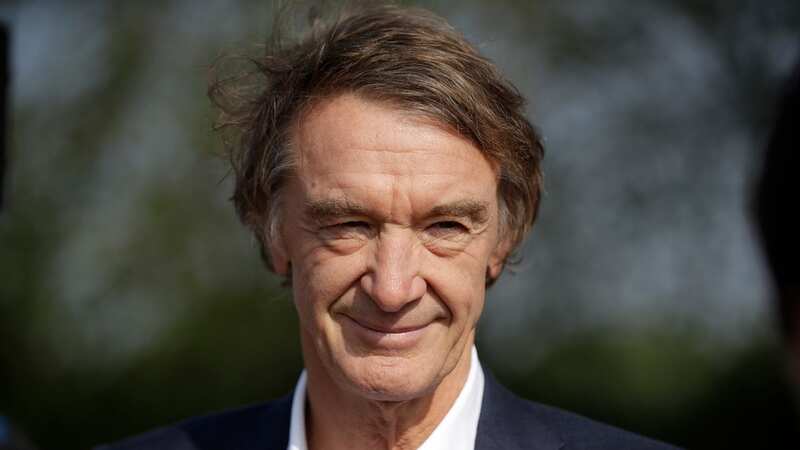
When Sir Jim Ratcliffe announced his intention to bid for Manchester United at the beginning of the year, environmental activists were quick to convey their belief that any purchase of one of the world’s great football clubs would be an act of greenwashing.
Ineos, the world’s fourth-biggest chemical company, finally completed its purchase of a 25 per cent stake in the club for £1.25 billion on Christmas Eve.
But as far back as January Greenpeace were dipping into cliche when saying that it would be “an own goal” for United to welcome Ratcliffe in because Ineos has “a hat-trick of environmental harms to its name” - oil and gas, plastics and agrichemicals.
Dale Vince, the Forest Green Rovers owner, went a step further when telling The Athletic that Ratcliffe “should not be allowed to own a Premier League club, in the same way that oil states should not.”
And for Vince there was another aspect worth considering: Ratcliffe being domiciled. “There’s a tax issue at the heart of this — does Ratcliffe reside in and pay tax in the UK?” he said. “The various oil funds and states [which are involved in other Premier League clubs] don’t.”
 Shop prices 'are yet to peak and will remain high' as inflation hits new heights
Shop prices 'are yet to peak and will remain high' as inflation hits new heights
The estimated number of carbon emissions Ineos contributes every year is wince-inducing and their pro-fracking stance is deeply unpopular.
Yet to say this investment is deliberate greenwashing misses a very simple point: the likely reality is that Ratcliffe is instead looking at this investment in his boyhood team as something to, relatively, enjoy.
Rather than being fuelled by ulterior motives, this is a personal pursuit of a 74-year-old man with billions in the bank.
You just need to look at how his tune has changed to understand why. Ratcliffe has spoken on several occasions about how buying an English club represents awful value for money.
His brother, Bob, who heads up Ineos’ football wing, used to be a season ticket holder at Stamford Bridge and said there was a reluctance to pay over the odds to buy the club from Roman Abramovich because of the stadium.
And in 2019 he said that it was “pretty difficult to rationalise purchases in the Premier League” because better value was on offer across Europe - exemplified by their purchase of Ligue 1 club Nice.
But that view has altered and now they are paying well over the odds for a minority stake - even if it does allow them to make all the big footballing decisions.
An act of greenwashing? It is an interesting way to go about it when the justified criticism of campaigners has been given a new audience of millions to argue their case.
If the central point, as activists seem to be suggesting, is to clean the corporation’s reputation, then maybe INEOS failed to realise any social media loudmouth with an affiliation to their many rivals has been given ready-made material to complain about.